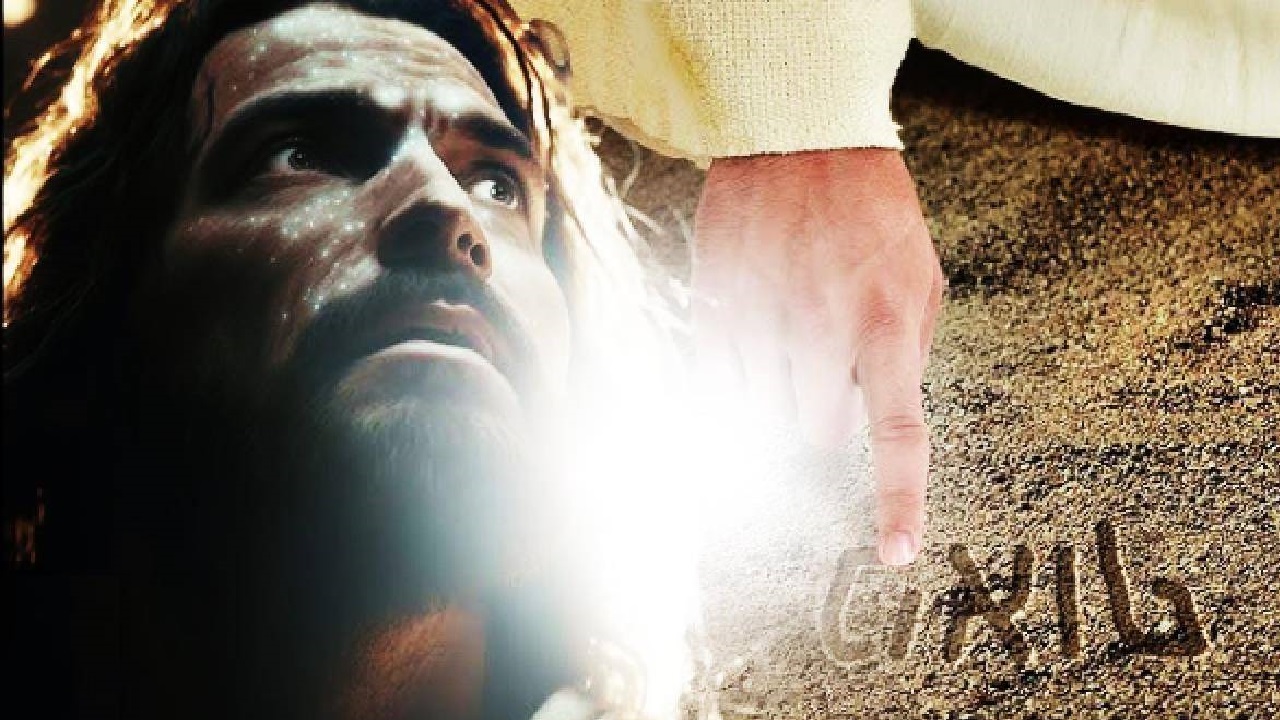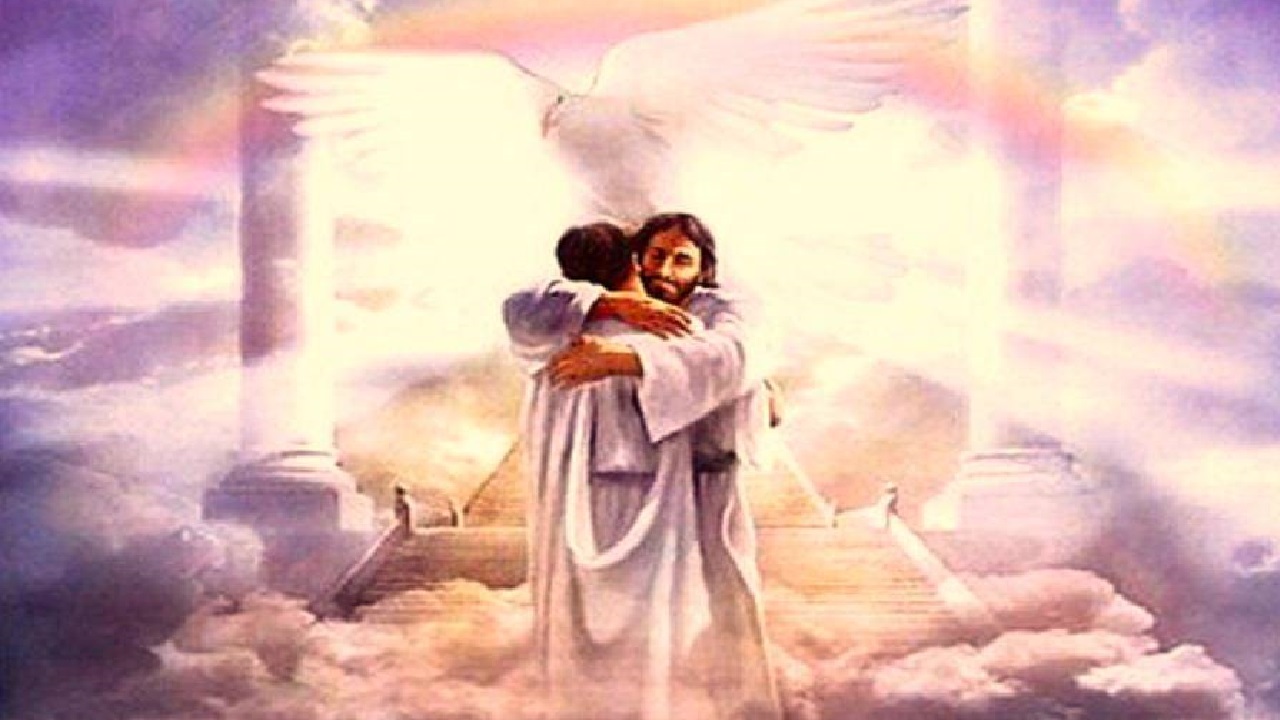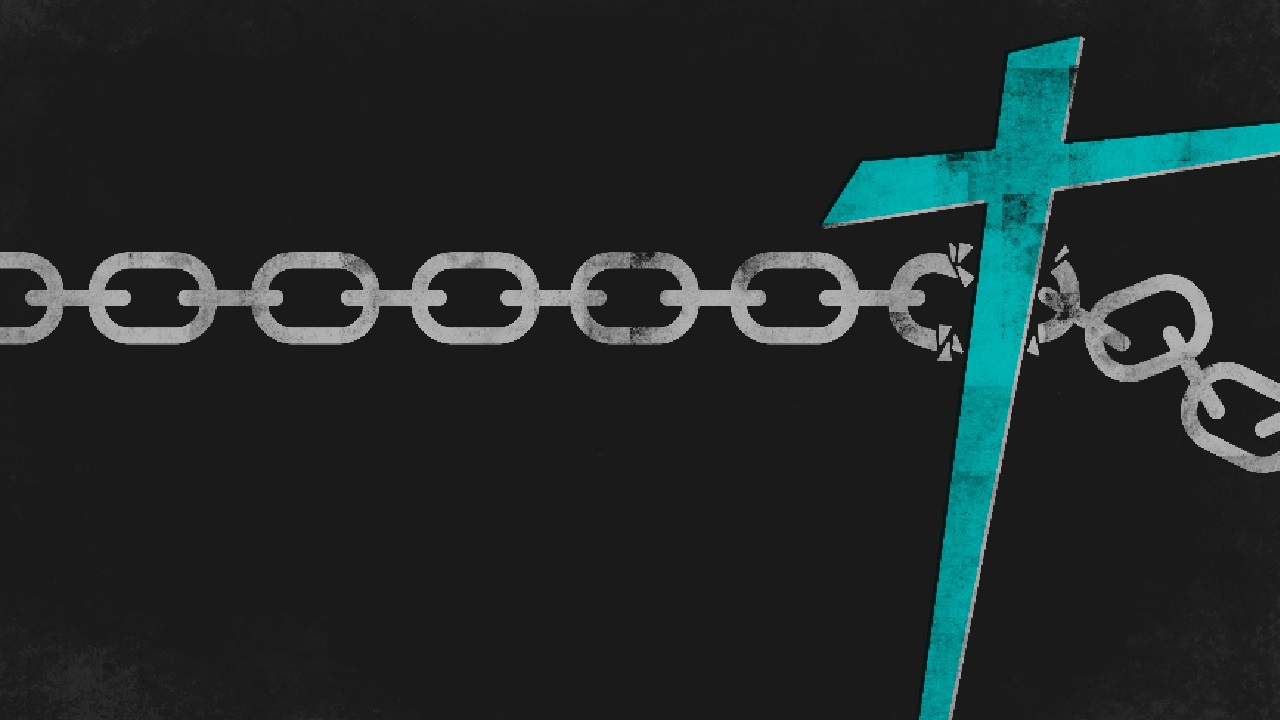by Anthony F. Buzzard
The framework within which the New Testament is set is both Jewish and Messianic. A clearly defined world view is common to all the apostolic Christians, and the same view is shared by Jesus himself. According to this view, the present system of things is thoroughly evil. Mankind is in the grip of evil cosmic forces from which it can be finally rescued only by the intervention of God Himself, who will send His Son the Messiah to defeat Satan and his demons. While it is possible for individual believers to be liberated from the pervasive tyranny of Satan even now, the whole world continues to “lie in the hands of the evil one” (1 John 5:19), who “fools all the nations” (Rev. 12:9).
For Paul the era of history in which we are living until the arrival of the Messiah in glory is the “present evil age” (Gal. 1:4), dominated by Satan (2 Cor. 4:4). The whole of creation is groaning while it awaits the revelation of the race of immortals to be manifested publicly at the resurrection (Rom. 8:22, 23). It is true that Christians can already experience something of the salvation which will come to the world when Jesus sets up his Kingdom.
They can even now be “transferred from the kingdom of darkness into the Kingdom of God” (Col. 1:13). They are at present sons and daughters of God, born of the spirit (John 3:3, 5; James 1:18; 2 Cor. 6:18). But this must not mislead us into thinking that the Messianic Kingdom of God has actually arrived, for it cannot until the Messiah breaks through the clouds to take over the reins of world government.[1] Until that glorious day the Christians are to pray “Thy Kingdom come,” and, as Jesus tells us, it is when the cataclysmic events associated with the end of the age begin to occur that the faithful may know that “the Kingdom of God is about to come” (Luke 21:31, Good News Bible).
Both Jesus and the Apostles think of the present age as subject to Satan’s dominion, and they look forward to the Coming Age of the manifested Kingdom of God consequent upon the Second Coming. It is this simple temporal framework which gives coherence to the New Testament. There is a well-defined divine program at work in the affairs of man and this enables the Christian to weather the storms of persecution and trial as he anticipates with exuberance the joys of the Coming Age of the Kingdom, when earth’s ills will be made well and the faithful will receive the prize of immortality. Not only will the earth then be rescued from the curse of Satan, but the Christian who endures to the end will be granted an active part in the restoration of society under the Messianic government which Jesus will inaugurate. In the New Testament there is a clearly defined goal to be reached at the Second Coming, and suffering, even to the point of martyrdom, can be cheerfully borne in view of the supreme reward which lies ahead.
The Christian objective is everywhere in the New Testament to gain “everlasting life” — or so our translations tell us. However, it is a commonplace of scholarship that the Greek expression in question actually means “Life in the Coming Age”[2]— that is, immortality and a place in the Age of the future Kingdom. By translating the Greek word “aion” (age) by “world,” the older translations helped to veil the typically Jewish contrast between “this age” and the “future age” of the Kingdom, which is fundamental to biblical Christianity.[3] The two ages and the familiar Christian term “everlasting life,” literally “Life in the Coming Age,” speak of the Messianism which is at the root of the whole New Testament.
[1] The inheritance of the Kingdom lies in the future according to Paul in the same letter (Col. 3:24). No text states that Christians have already “inherited the Kingdom.”
[2] See, for example, C.K. Barrett, The Gospel According to St. John (London: SPCK, 1972): “The meaning of ‘the Life of Eternity’ (Dan. 12:2) was expressed by the rabbis as ‘the Life of the Coming Age’” (p. 179)
[3] See Matt. 12:32; Mark 10:30; Luke 16:8; 18:30; Eph. 1:21; Heb. 6:5.




